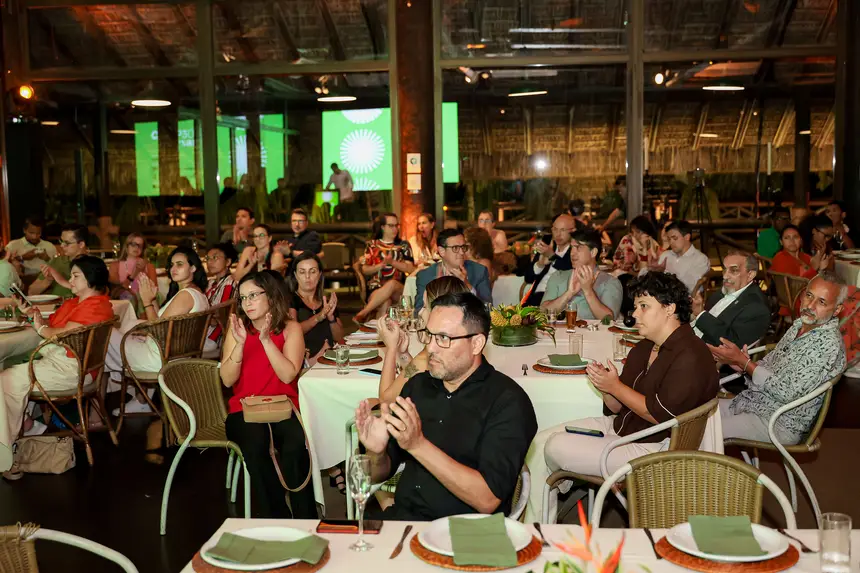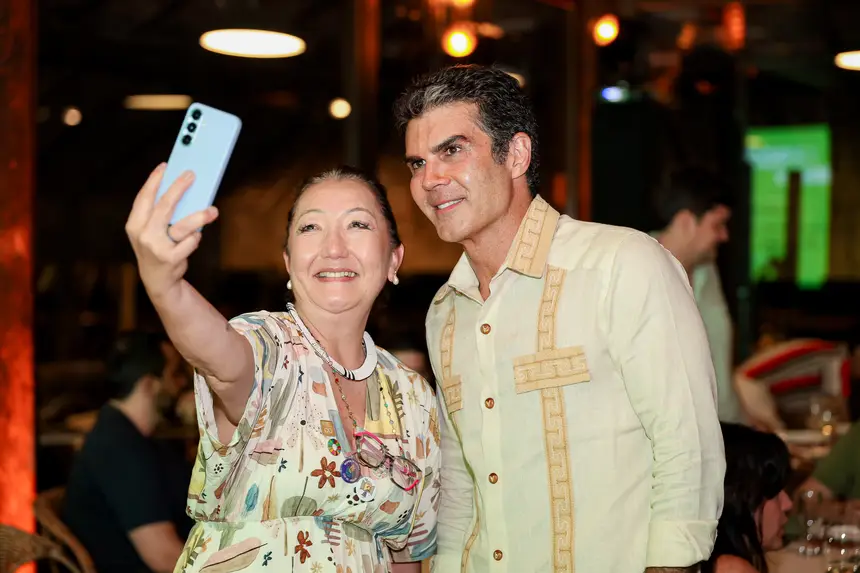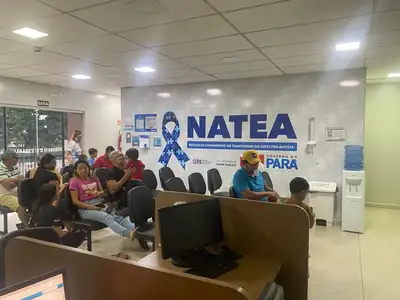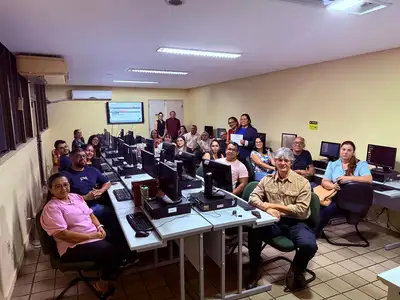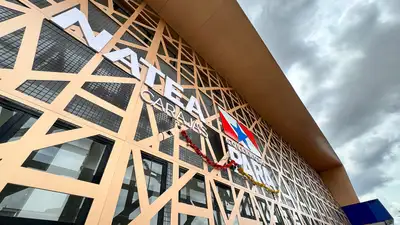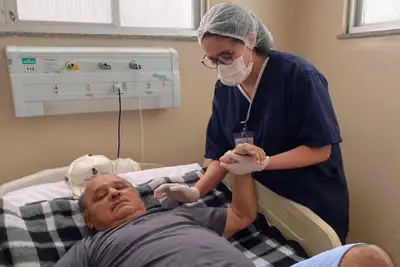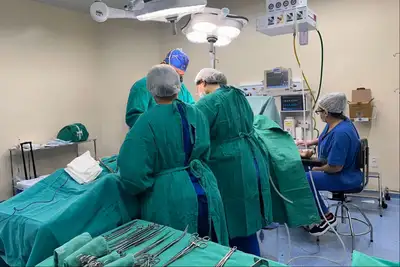Governor of Pará highlights new Amazon economy and advocates for a living forest as a driver of development
At the COP30 Experience, the governor presented historic environmental results and reinforced Pará's role in building an economy based on bioeconomy, carbon, and innovation

The governor of Pará, Helder Barbalho, presented on Tuesday (18), at the COP30 Experience, the ongoing economic transformation in the Amazon and argued that Brazil will only advance in addressing the climate crisis by recognizing the living forest as a strategic asset and source of development for the region's populations. According to him, the conference held in Belém inaugurates a structural change in how the country treats its environmental resources and its traditional peoples.
“The Amazon has ceased to be a distant topic and has gained a voice. A living forest must be worth more than a dead forest — and this means dignity, income, and future for our people,” he stated.
Historic reduction of deforestation and jurisdictional carbon market
Helder Barbalho highlighted that Pará achieved the largest reduction of deforestation ever recorded in the country, with a decrease of 75% between 2018 and 2025. The result, he emphasized, is the fruit of command and control actions, land regularization, and environmental policies that structure a new economy for the State.

During the presentation, the governor detailed the advancement of the jurisdictional carbon system, currently under verification by ARQ. The projection is that the market will move between R$ 30 billion and R$ 40 billion by 2030, with a benefit-sharing arrangement built together with indigenous peoples, quilombolas, extractivists, and rural producers.
“The world needs to neutralize emissions. There is no more legitimate credit than that of the Amazon forest — but this only makes sense if the benefit reaches those who preserve it,” he said.
Bioeconomy, innovation, and restoration as pillars of the new economic cycle
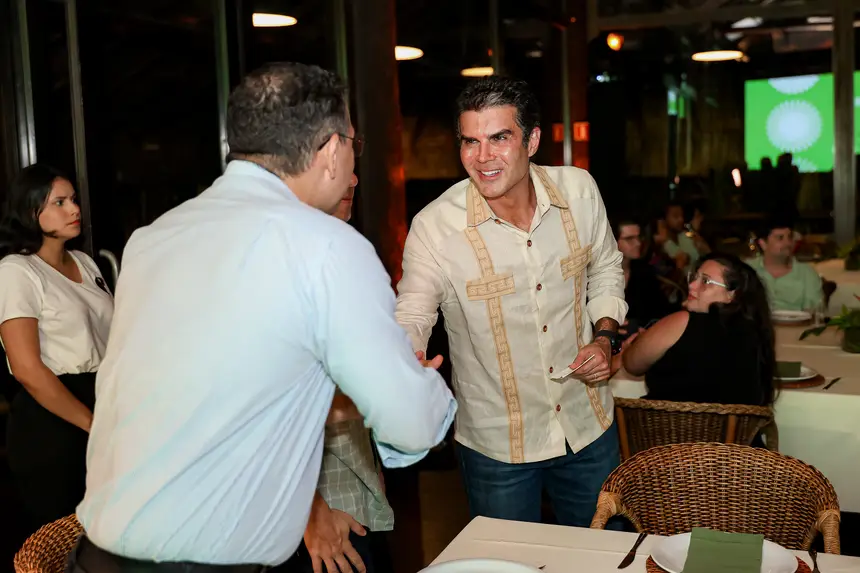
The governor also reinforced that bioeconomy occupies a central position in the productive matrix that Pará is building. By mentioning the Amazon Bioeconomy and Innovation Park, in Porto Futuro, he emphasized that the State is connecting biodiversity, technology, and traditional knowledge to create competitive products with added value.
Helder also mentioned the progress of restoration concessions, highlighting the country's first public project, in the APA Triunfo do Xingu, with an expected R$ 250 million in private investments and the generation of two thousand direct jobs. For him, forest restoration, carbon, and bioeconomy form the basis of the “economic turnaround” that Pará is leading.
“Caring for the forest is good economic policy. It is future, it is jobs, and it is competitiveness,” he stated.
COP30 changes global perception of the Amazon
According to the governor, COP30 repositioned Brazil in the climate debate by bringing international negotiators closer to the Amazonian reality and increasing the presence of traditional populations in the decision-making process. There were four thousand indigenous people in the COP Village and about 900 accredited representatives in the Blue Zone, participation that, according to Helder, lends legitimacy to the event.
“Belém showed that it is possible to discuss climate by listening to those who live in the forest. This COP alters the center of the global debate,” he highlighted.
The ESG editor of Exame, Renata Faber, reinforced the impact of the conference on the city and on the global perception of Pará. “When the COP comes to the forest, agendas advance. Here, those who arrive feel the strength of this place, from culture to biodiversity, and this changes the way the world looks at Brazil,” she stated.
Helder concluded by arguing that the conference consolidates an institutional legacy for the State, based on innovation, science, and climate justice. “We are living history. And Belém proved that the Amazon is not a promise: it is the present that can redesign Brazil,” he concluded.


